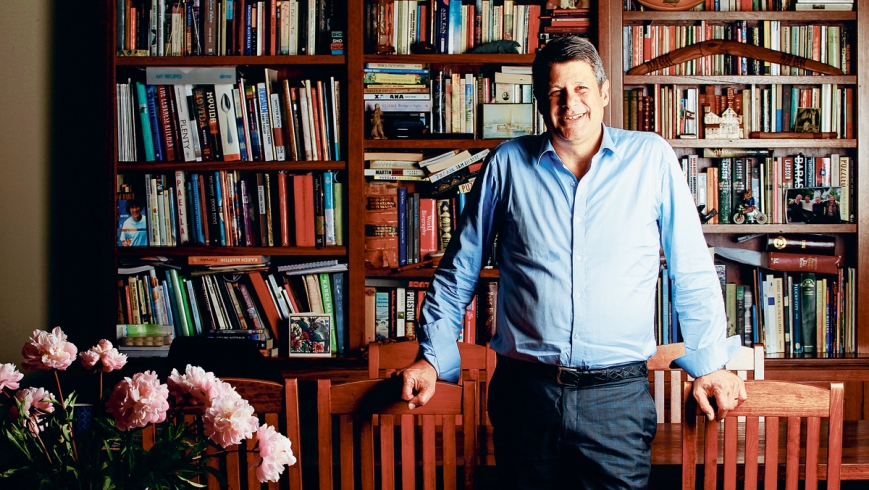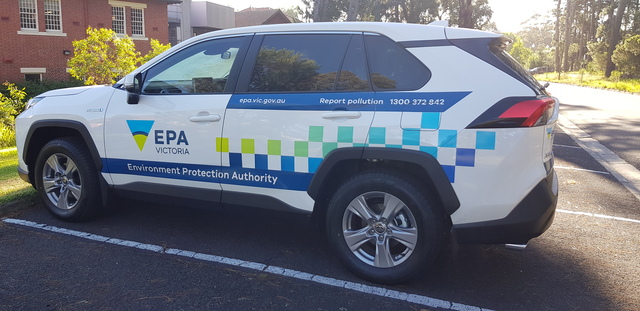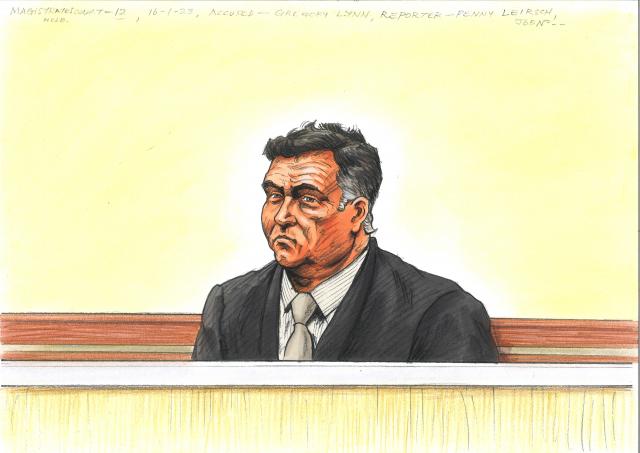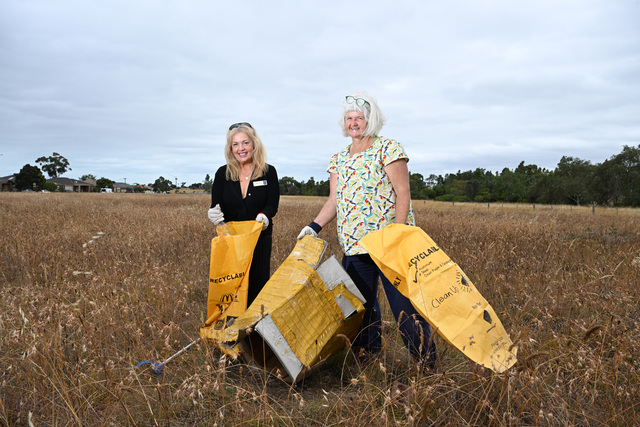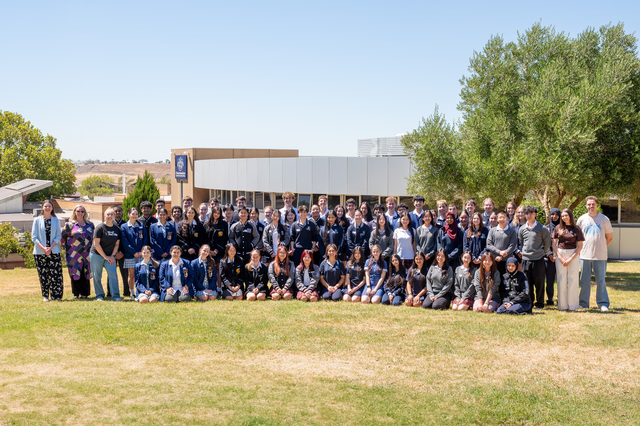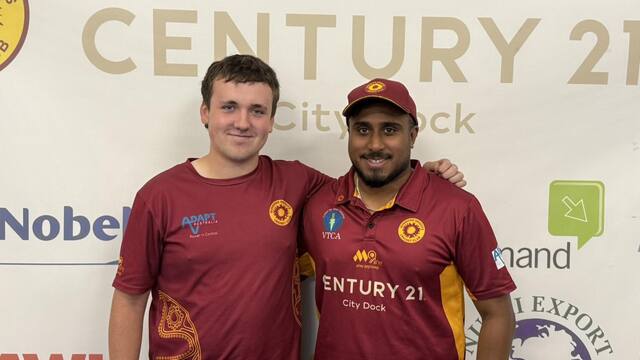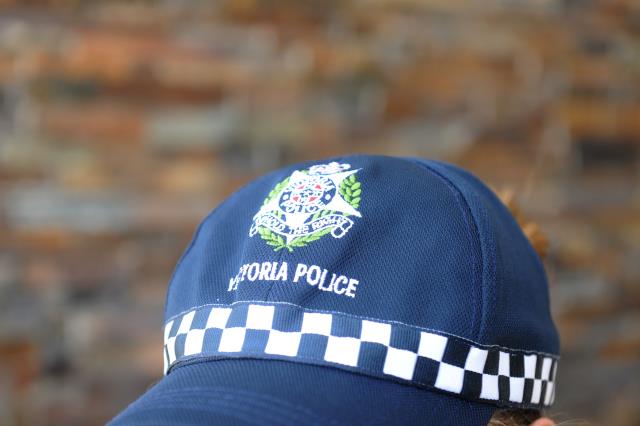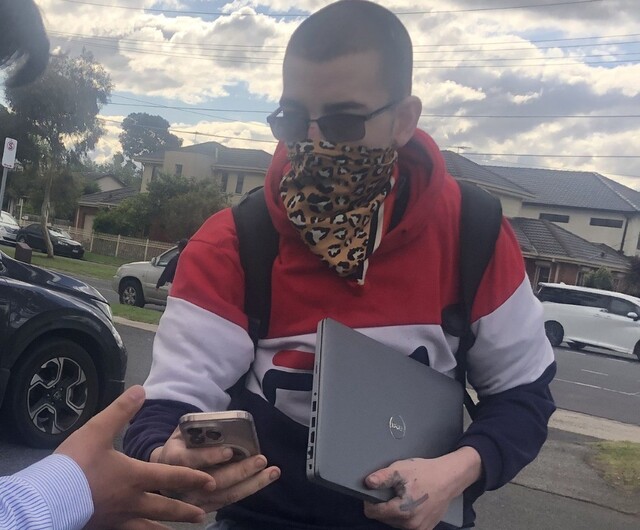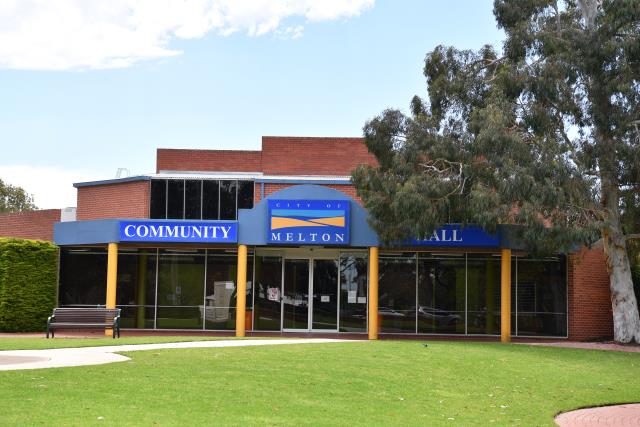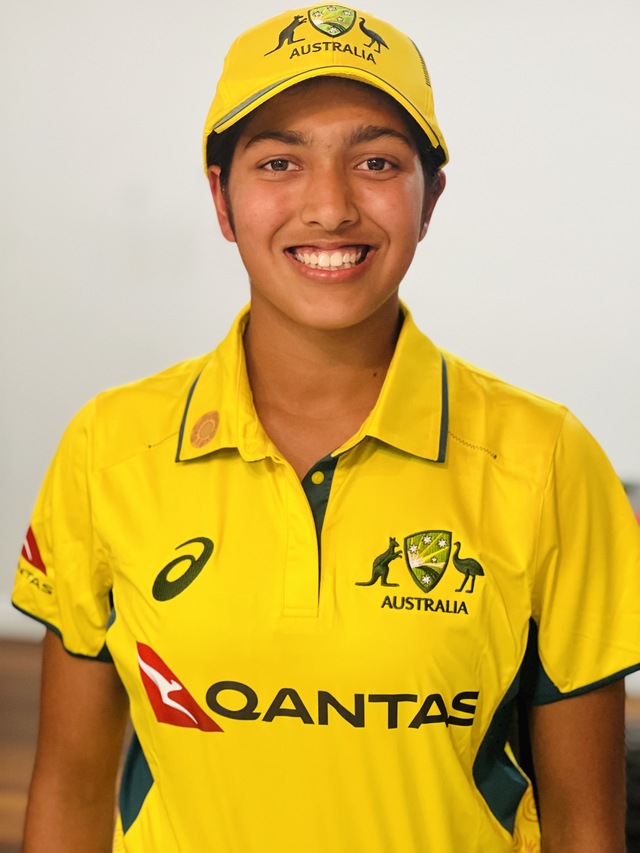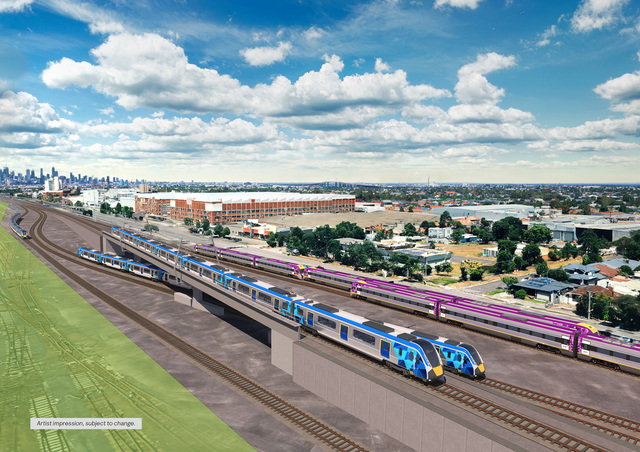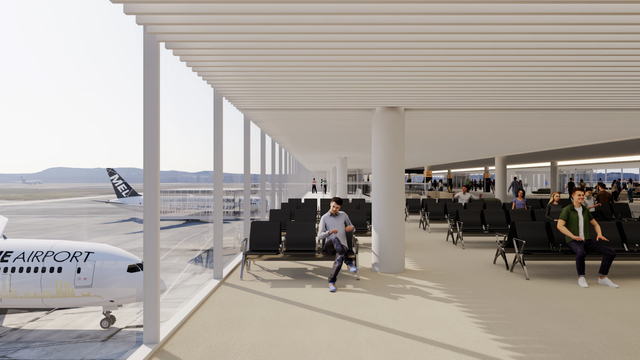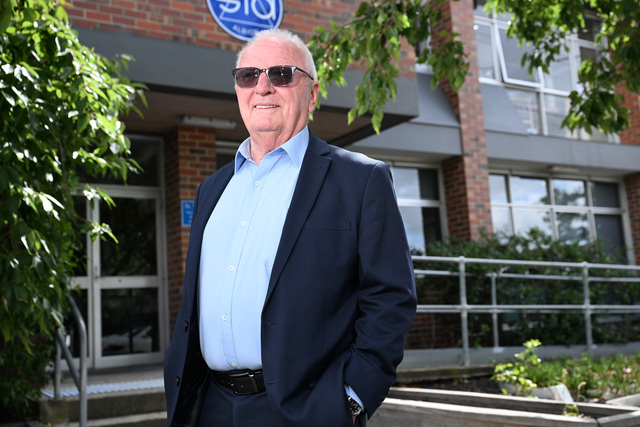“I reckon you were right,” Steve Bracks says.
I’m having a cuppa with the former state premier at his Williamstown home. Sunlight flows through a stained-glassed window, an anchor at the centre of its nautical theme.
Three years ago, I’d suggested ‘boat people’ would come to dominate federal politics. It was during a 2010 interview, when Bracks was appointed a Companion of the Order of Australia, the highest civilian honour.
“It seems to have been a bigger issue than I would have expected or – maybe not you, you foretold it – most people would have expected in Victoria,” Bracks says.
“And probably an issue out of proportion to the number of people who are coming here seeking asylum. Compared to the rest of the world, while it’s increasing, it’s certainly not at the level of Europe; it’s not at the level of Canada; it’s not at the level of other parts of South-East Asia.
“So, proportionately, it’s surprising how big an issue it is.
“When you’re desperate, you could do anything if you want to protect your family and seek to get a better life and that’s your only prospect.”
As well as the predominance of boat people on the political agenda, another surprise to him was the first act of Foreign Affairs Minister Julie Bishop after the Liberals won power at September’s federal election.
In May, Bracks, 59, had been given the US diplomatic post of Australia’s next consul-general in New York. On the eve of his departure, he was stunned to learn he had been sacked, a move that some analysts labelled vindictive.
While surprised the Liberals didn’t choose to uphold the position, Bracks says at least they decided early so he was able to regain the former positions he wanted. Hang on, I quiz. Decided early?
“A day just before.”
But Bracks “sees no need to rake over the coals”, declaring he and his wife Terry are “over it completely”.
So, who does he think his replacement will be? Surely not media mogul Rupert Murdoch, as some perhaps flippantly suggested.
“C’mon, it wouldn’t be Murdoch; he’s otherwise engaged,” Bracks laughs. “They’ve made their decision. They’ll have their appointment, I assume, and I assume it will be someone who is a confidante of the Liberal Party.
“But I’m not bitter or concerned about it in any sense other than I thought I would have done a good job and served Australia very well, but I’m over it.”
Speaking of life’s interruptions, what of Victoria’s Parliament shutting down for two weeks in November after balance-of-power MP Geoff Shaw declared he had lost confidence in Speaker Ken Smith?
“I think it is unprecedented,” Bracks says.
“I haven’t heard before where the Parliament has been closed down to stop a vote happening, which is what happened.
“And for the Speaker not to have a majority and to still continue is without precedent.”
Bracks has been re-engaged as adviser to Timor-Leste Prime Minister Xanana Gusmao, with a focus on economic development rather than governance.
“Australia, of course, had the intervention forces in 1999, which led to the liberation of Timor from Indonesia after 24 years of colonial rule, so there was a great affection for Australia,” Bracks says.
“Australia had Timor as an ally in the Second World War … they sided with Australia.
“But, yes, there is a concern, currently, over the share of resources that Timor is getting out of the joint territorial waters and the fairness of that compared to what Australia has.
“And in relation to Indonesia and the spying allegations, or the release by [Edward] Snowden … I would have thought with the form of words, it could have been handled much better by the government than it has. It seemed to have feet of clay on that and I would have thought some better advice could have been appropriate before the Prime Minister responded in the Parliament. It was the wrong forum, the wrong set of words, and that has got us off on the wrong foot.”
Bracks says Tony Abbott needs to clarify the purpose of two Australian patrol boats, worth $2 million, given to Sri Lanka, a nation accused of war crimes.
“You’d hope they’d only use them for domestic purposes and not for any purpose other than that.”
He said British Prime Minister David Cameron had acted appropriately in raising allegations of human rights abuses against Sri Lankan Tamils during the final days of the civil war in 2009; a subject Abbott avoided.
“I think the British approach was correct,” Bracks says.
“I think if you were going to Sri Lanka you can’t turn a blind eye to atrocities that occurred internally in that country and I think Prime Minister Cameron did a good job at highlighting that while still participating in the Commonwealth forum, and I thought that was the appropriate thing to do.
“And I think that’s what we would have expected of our prime minister.”
Bracks says it’s too early to tell how history will judge Abbott.
“I think the title of the worst prime minister is hotly contested, but I think it’s much too early to talk about Tony Abbott – he’s only been there a couple of months. It hasn’t been a spectacular start. In relation to the worst prime minister ever, I think most people, in my age or my generation, would say Billy McMahon.”
Bracks is unsurprised about the rise of the Palmer United Party, led by mining magnate Clive Palmer.
He says it’s an “interesting phenomenon” but not unusual – just look at Pauline Hanson and Bob Katter.
“There has been a constituency for an anti-politician politician, of which [Palmer] looks like he is – and particularly coming out of the north of Australia – so he’s a recent incarnation of a lineage of people who have been in that role.
“And they tend to be shooting stars; they don’t last too long,” says Victoria’s second-longest-serving Labor premier.

